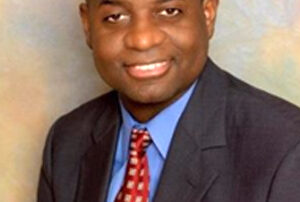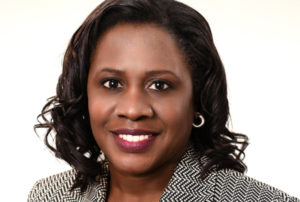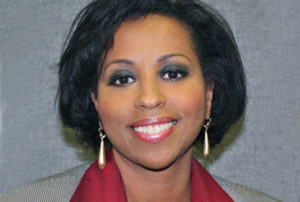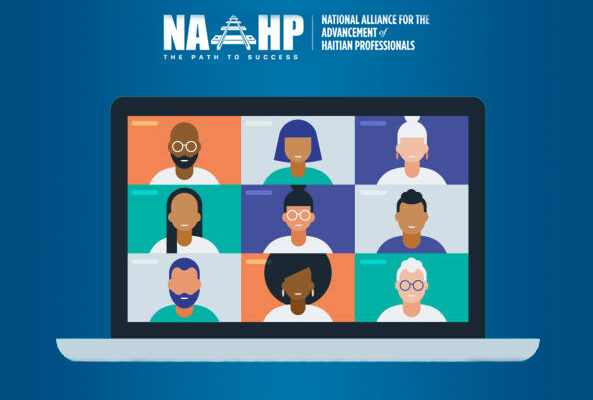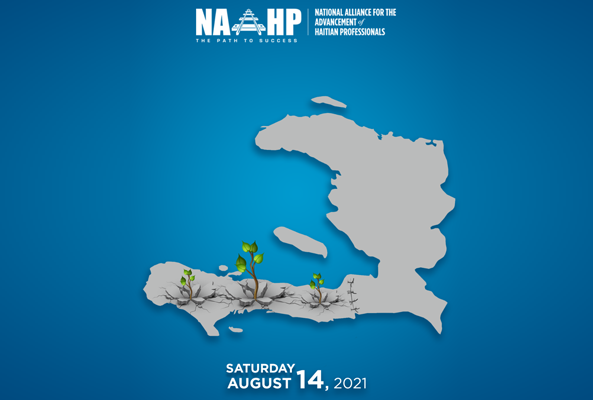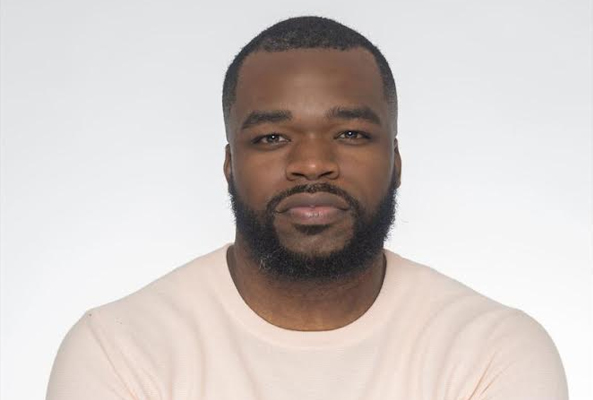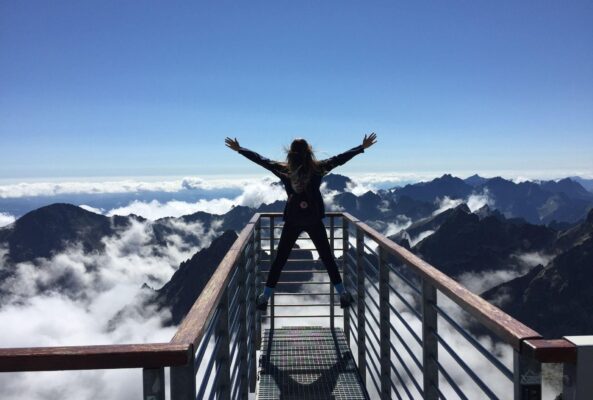
Dr. Marjorie Pierre Brennan
Tell us about yourself
I was born in Haiti but moved to Brooklyn when I was 3 years old. Growing up in the 60’s and 70’s, most people had never heard of Haiti. As a young child in New York City, most social gatherings centered on gatherings of our extended Haitian family and friends. The children would listen for a while, then find a quiet place to fall asleep as the evening grew late. When I was 14-years-old, my family relocated to Lansing, Michigan. Suddenly, there were only a couple of Haitian families in the vicinity. I had a pretty typical Midwestern teenage experience. I remained in the Midwest throughout school and the early part of my career, before moving to Washington D.C. 12 years ago.
What led you to pursue your career?
When I was a child, I dreamed of being a doctor. Now mind you, I grew up during a time that the Haitian Diaspora only believed in three professions—doctor, lawyer or engineer. I think that I transcend the stereotype because I wanted to enter this profession to learn more about the science and to care for people. I already had a broader interest in global health.
How were you able to get started?
I was lucky. My parents were vey supportive of me personally and financially. College in the early 80’s wasn’t as expensive as it is now, and I was fortunate to have a fantastic in-state school—The University of Michigan. I had enjoyed academic success in high school and had some scholarship money for college. My parents supported me for my time in undergraduate school, and then in Medical School at the University of Michigan.
When did you realize that you were making real progress with your career?
It is challenging when you are young to know how to make progress in your field. I have often thought that it would be wonderful if I could tell my younger self some things that I know now. This is why I passionately believe in the value of mentors. When you are just starting out, you may be the best and the brightest, but there are so many building blocks of wisdom that only come through experience. The counterbalance to that is allowing yourself to “lean into your discomfort” and make some mistakes. Great learning comes this way too. I had great mentors early in my career. I knew that I was making progress as I was given more responsibility and often asked to be a spokesperson for my group.
What have been some of your professional highlights?
My involvement in global health has been one of the most rewarding parts of my career. I spent time partnering with physicians in Lithuania over several years, and more recently, in Haiti. The opportunity to work with Haitian physicians and nurses has been very rewarding.
What have been some of the challenges you’ve had to face?
Academic medicine is a competitive field. Some call it a “publish or perish” environment. It’s challenging to make connections with good mentors, and manage the juggles of everyday family life as you pursue your goals.
Do you personally know other Haitians in your field?
Initially, I knew very few Haitian physicians, but this was mostly a byproduct of geography. In Washington D.C., I have become involved in Haitian physician organizations to remain connected with Haitian colleagues. I have the opportunity to interact and exchange ideas at meetings and conferences.
Do you feel as though you’ve helped break barriers?
Absolutely! Simply being a Haitian-American woman in the medical field provides a unique position to defy stereotypes. But barriers are best broken with collaboration rather than with force. I have enjoyed many opportunities to collaborate with colleagues and do exciting things.
What do you feel is next for your career?
I plan to enhance my involvement with global medicine, particularly looking at health policy in the developing world. I hope to start pursuing a Masters of Public Health soon.
What would be your advice to young people who want their careers and lives to have an impact?
Most of the rewarding things that come with a job have to be earned. Autonomy in your job, and having an impact usually comes after working to develop your passion for the job. When I say passion, I don’t necessarily mean a calling, for I don’t think it’s realistic to believe that all jobs are like this. But I absolutely believe that you can do meaningful work no matter what your chosen field. You have to put in the time.
Given the election and how close it will ultimately be, what are your hopes that a second Obama administration or a Romney administration can do to further facilitate the recovery in Haiti?
After the initial push for money, it does not seem to have been invested in the country beyond the capital as many are still without shelter, clean running water and basic needs.
I believe the administration can set a tone of robust public and private partnerships for Haiti. Haiti is still in dire need of development dollars, but a sustainable recovery will only come with private investment. Organizations that are major development funders in Haiti should seek more opportunities for private partnerships and for providing opportunities to local Haitian businesses and less on large contractors.
What do you think can be done for Haiti to develop financial assistance without having to be reliant upon others in times of crisis?
Haiti is working to address governance issues that have hindered investment in the past. It is extremely important to continue this path to reduce barriers to private investment. Haiti’s natural resources are some of the best in the Caribbean. There are many opportunities for investors if the climate is trustworthy.
Do you believe a campaign highlighting the positives of Haiti would be worth exploring to take away the stigma of it being impoverished?
Yes, with some caveats. Such a campaign is necessary, but must also be realistic. I have traveled to Haiti frequently in the past several years, and it is an island of such contrasts. Striking beauty and incredible culture, with significant poverty. I think if a campaign tries to currently show Haiti as just a great beach break, this will likely not be successful. But Haiti is compelling and beautiful in all its complexity.

 English
English Français
Français Donate
Donate Partner
Partner Shop
Shop Login
Login